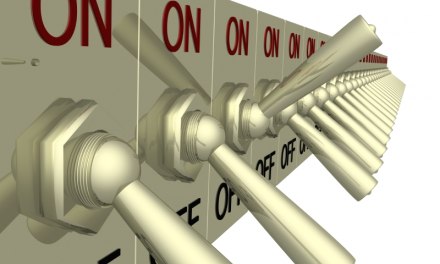Everyone knows that addicts and alcoholics use substances to reduce the pain of withdrawal. Yet in the early and middle stages of addiction, addicts may experience mild to moderate withdrawal symptoms without recognizing them as such. Instead, they’re attributed to other sources: life stress and depression, for instance, or a variety of medical complaints, some of which can seem quite mysterious.
Let’s review some of the symptoms associated with common withdrawal syndromes.
Alcohol– Anxiety, irritability, and nervous tension can appear relatively early in the alcoholic’s experience, but are usually blamed on outside worries. Alcohol is used as a form of self-medication, which in turn contributes to a worsening of these symptoms. Difficulty falling or remaining asleep is often related to alcohol consumed in quantity before bed. For some, gastrointestinal distress is an early consequence of drinking, including loss of appetite, mild to moderate nausea, and occasional vomiting. Headaches may become common and are often misidentified as a migraine condition. Sedative-hypnotics are sometimes prescribed for the above symptoms and can actually complicate the withdrawal syndrome.
Opioid withdrawal is often compared to a bad case of the flu — chills, tremors, cramps, accompanied by nausea, loss of appetite, runny nose, the usual headache, muscle aches and pains, diarrhea, fatigue, and of course feelings of anxiety or depression.
Marijuana has its own recognized withdrawal syndrome, one that is usually less severe than the above substances, but plenty strong enough to motivate continued daily use. The user may believe he or she is medicating some other disorder when in fact is using in order to suppress the discomfort of cannabis withdrawal.
Repeated binges seem to contribute to an overall increase in the severity of subsequent withdrawal experience, despite significant gaps of abstinence between episodes.
It’s been observed that by the time an addict or alcoholic ‘wakes up’ to the escalating role of withdrawal, the disease itself is well-advanced — even if it’s long before he or she ever sees the inside of a detoxification program.













